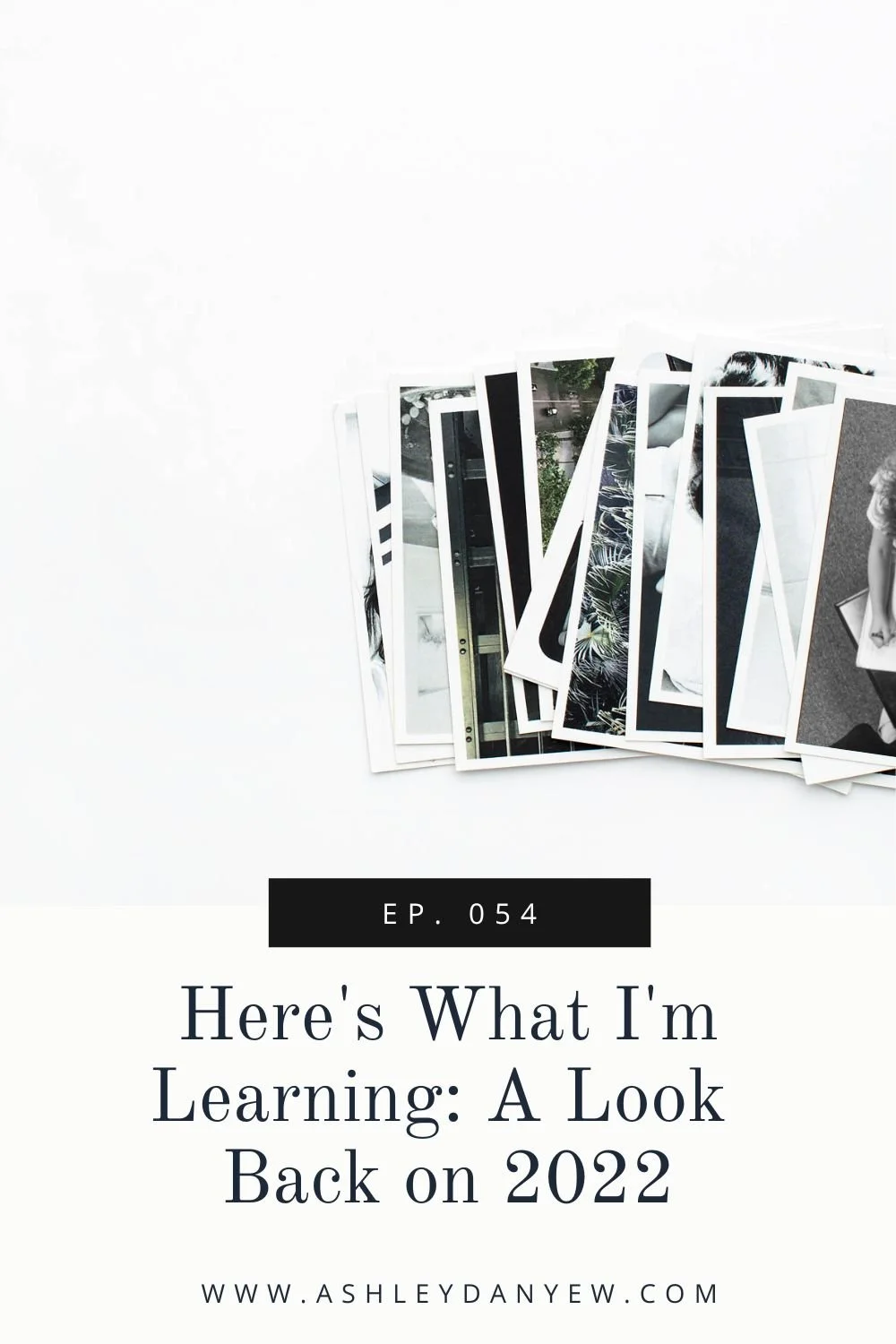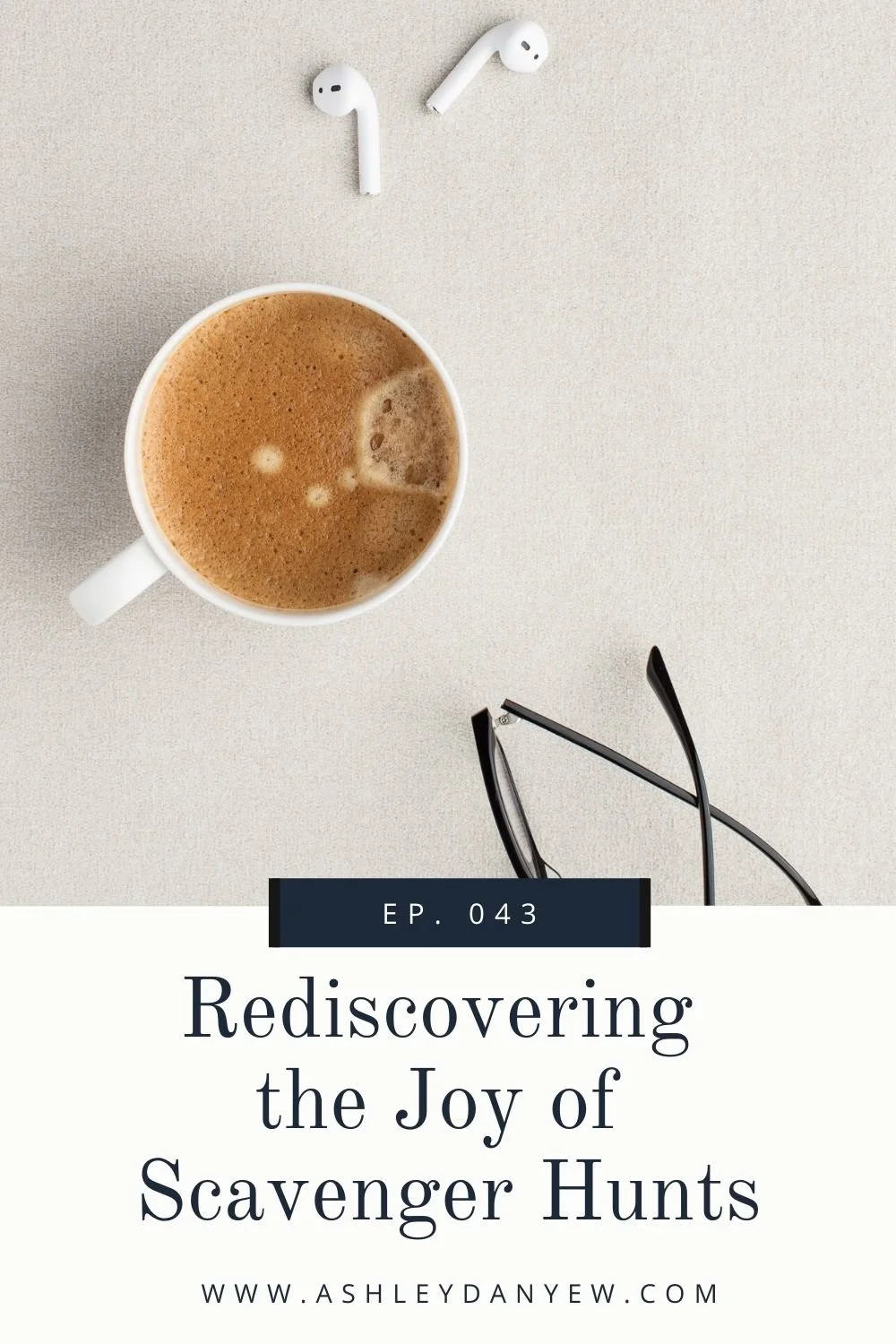Happy New Year!
The change in the calendar year reminds us that there are things in life that ebb and flow. There's comfort in that familiar rhythm, the cyclical nature of our seasons, our routines. What does the beginning of a New Year signify for you? What kind of season do you find yourself in these days?
I recognized recently that I am in a season of learning.
Of course, I am still actively teaching five days a week, but at the same time, I'm reflecting, jotting down stories and realizations at the end of the teaching day—things I'd like to do differently next time or things I didn't plan but observed or participated in that ended up teaching me something as well as my student.

















